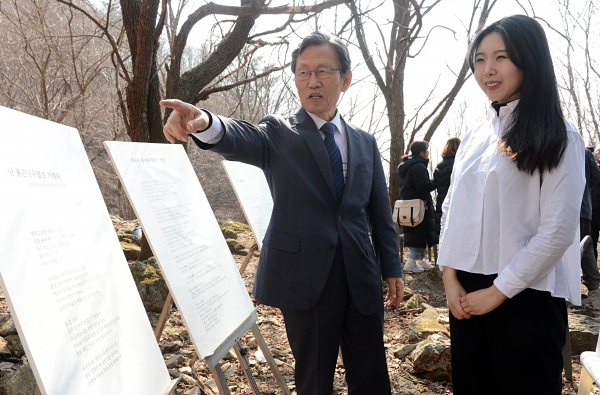Reflecting on the value of one's life is truly a challenging task. When asked to rate my life out of 100 points, I hesitated. What constitutes a perfect life? Is such a thing even possible?
Looking back, I'd give my life about 80 points. Initially, I thought 75, but upon deeper reflection, it seemed it should be higher. The reason it's not 100 was clear.
My biggest regret was starting my studies at 40. While others began in their mid-20s, I embarked on this journey at 40. It took me three years just to write one thesis. However, this became my greatest opportunity to explore a new world.
Had I started at 25, I might have written more books and conducted more research. Learning at 40 was different from learning at 25. My memory wasn't as sharp, and I absorbed new information more slowly.
Yet, even with these thoughts, I felt deeply grateful for my life. Starting late was better than not starting at all, wasn't it? We often live in the realm of "what ifs," but had those "what ifs" come true, they might have brought different challenges.
In the end, life's value can't be quantified. The 80 points were just my subjective feeling. What matters is whether we gave our best in every moment and grew through the process. I was content with my life. There were regrets, but they too were precious parts of my journey.
Life can't be perfect. Yet, even in its imperfections, we can find meaning and value. Just as my late-start studies became a turning point, new beginnings are always possible. What's crucial is staying present, continuously learning, and growing. Living this way, we can lead a worthwhile life, even if it's not a perfect 100.
Looking back, I'd give my life about 80 points. Initially, I thought 75, but upon deeper reflection, it seemed it should be higher. The reason it's not 100 was clear.
My biggest regret was starting my studies at 40. While others began in their mid-20s, I embarked on this journey at 40. It took me three years just to write one thesis. However, this became my greatest opportunity to explore a new world.
Had I started at 25, I might have written more books and conducted more research. Learning at 40 was different from learning at 25. My memory wasn't as sharp, and I absorbed new information more slowly.
Yet, even with these thoughts, I felt deeply grateful for my life. Starting late was better than not starting at all, wasn't it? We often live in the realm of "what ifs," but had those "what ifs" come true, they might have brought different challenges.
In the end, life's value can't be quantified. The 80 points were just my subjective feeling. What matters is whether we gave our best in every moment and grew through the process. I was content with my life. There were regrets, but they too were precious parts of my journey.
Life can't be perfect. Yet, even in its imperfections, we can find meaning and value. Just as my late-start studies became a turning point, new beginnings are always possible. What's crucial is staying present, continuously learning, and growing. Living this way, we can lead a worthwhile life, even if it's not a perfect 100.

